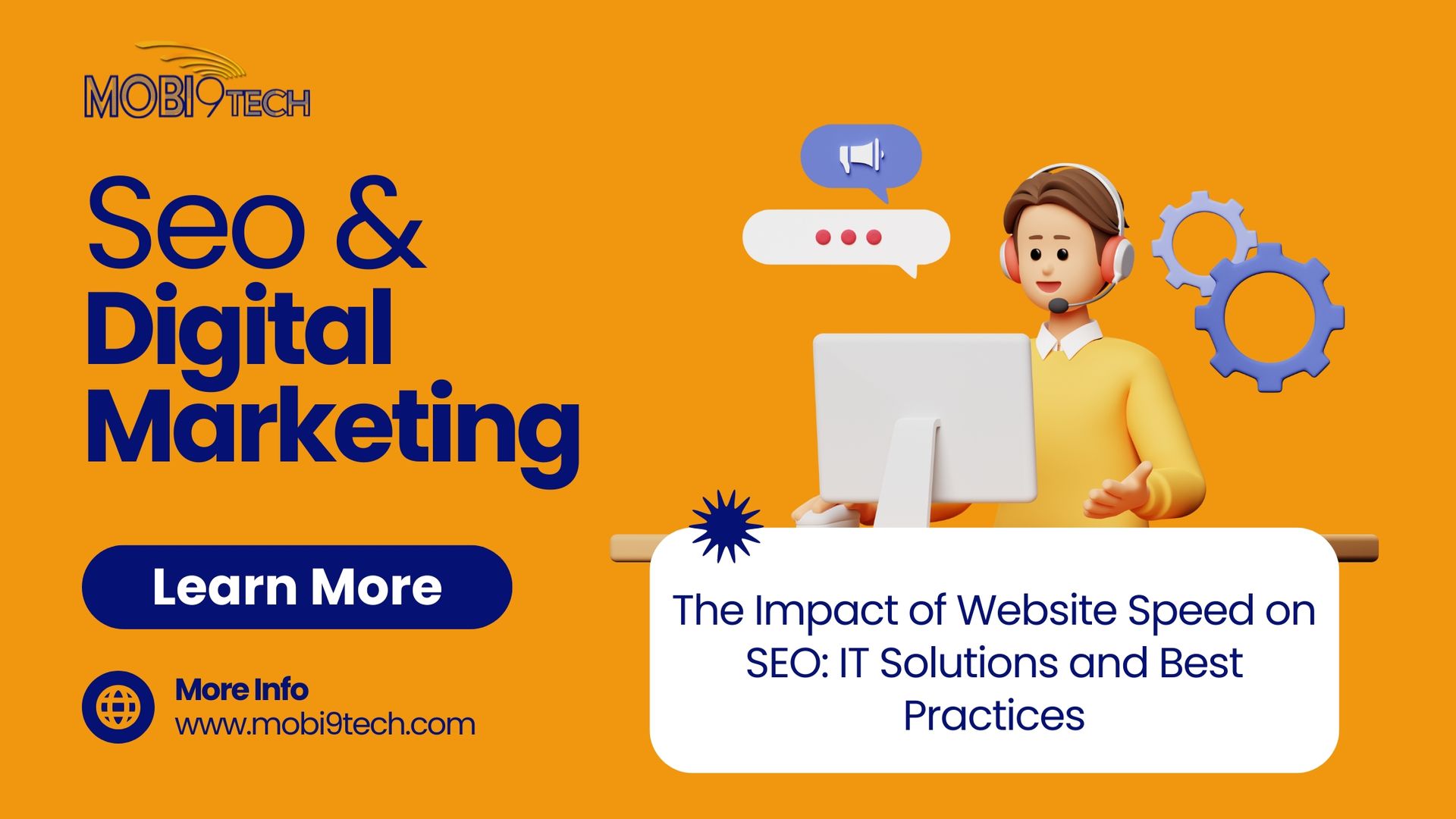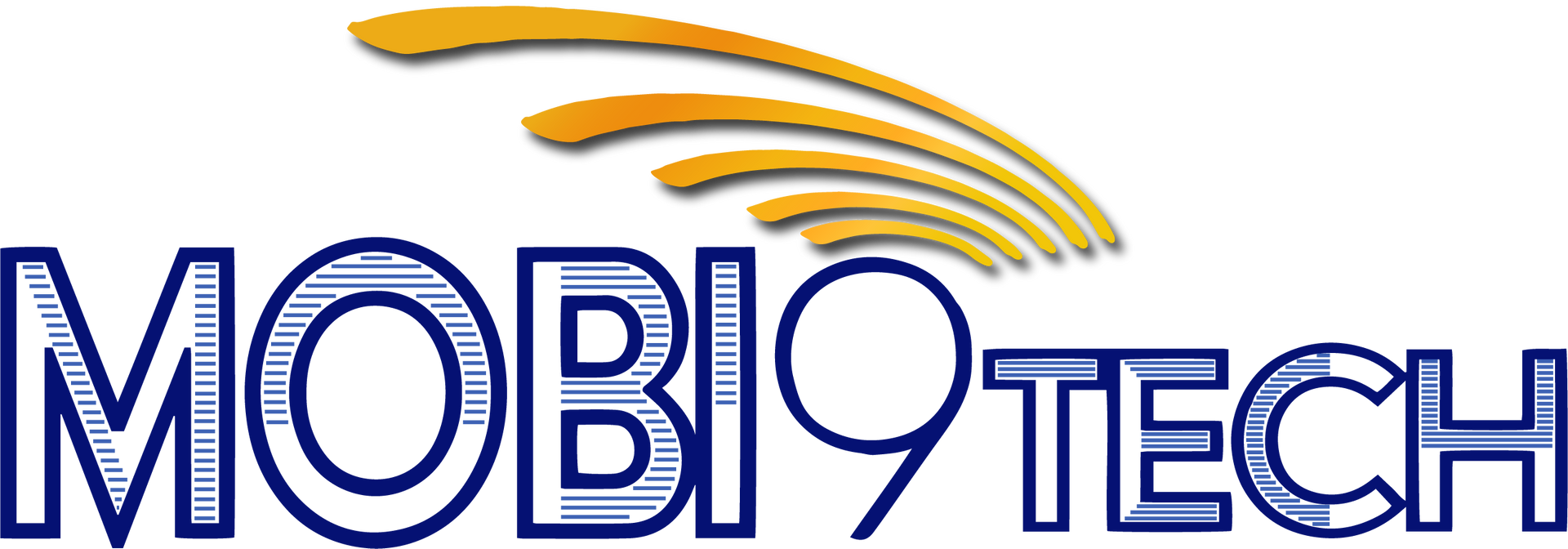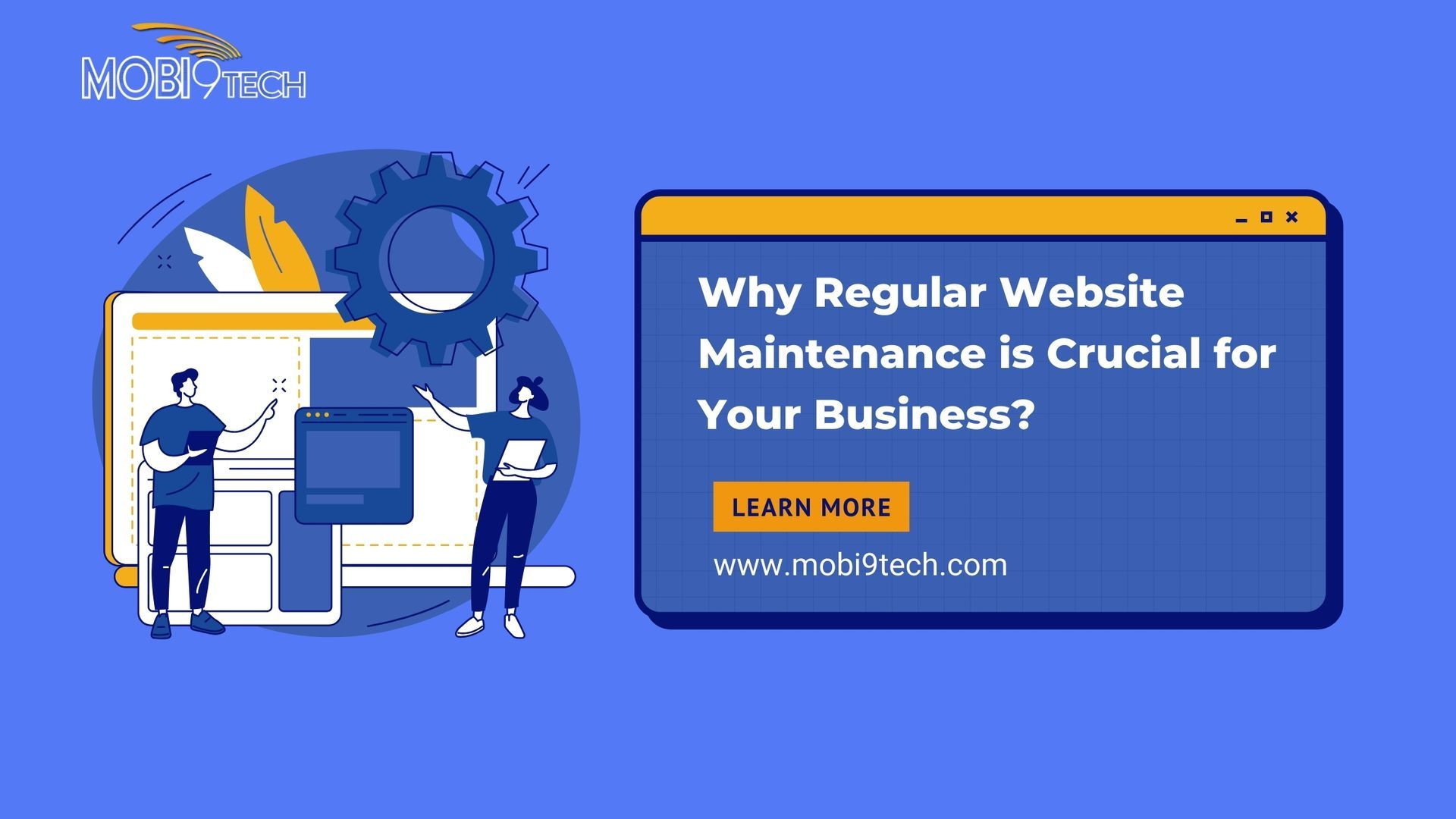The Impact of Website Speed on SEO: IT Solutions and Best Practices
- By Janine Kristina
- •
- 10 Apr, 2024
- •

Introduction
In the realm of digital marketing, website speed has emerged as a critical factor influencing search engine optimization (SEO). In simple terms, website speed refers to how quickly a webpage loads and displays its content. SEO, on the other hand, encompasses strategies aimed at improving a website's visibility in search engine results. Understanding the correlation between website speed and SEO is imperative for businesses striving to enhance their online presence.
Understanding Website Speed
Website speed encompasses various elements, including server response time, page load time, and overall performance. It is influenced by factors such as hosting quality, website design, and the size of files being loaded.
The Importance of Website Speed for SEO
The relationship between website speed and SEO is symbiotic. A fast-loading website enhances user experience, which in turn positively impacts search engine rankings. Search engines like Google prioritize websites that deliver a seamless browsing experience to users.
How Website Speed Affects User Experience
Slow-loading websites often lead to higher bounce rates and increased user frustration. In contrast, fast-loading websites tend to have lower bounce rates and higher conversion rates, resulting in improved user engagement and satisfaction.
The Relationship Between Website Speed and Search Engine Rankings
Google, the leading search engine, has long emphasized the importance of website speed in its ranking algorithms. Core Web Vitals, introduced by Google, measure aspects of user experience such as loading, interactivity, and visual stability, further highlighting the significance of website speed.
IT Solutions for Improving Website Speed
Implementing IT solutions such as Content Delivery Networks (CDNs) and optimizing images and media files can significantly enhance website speed. CDNs distribute website content across multiple servers globally, reducing latency and improving load times.
Best Practices for Enhancing Website Speed
Adopting best practices such as minimizing HTTP requests and implementing effective caching strategies can further optimize website speed. By reducing the number of requests made to a server and storing frequently accessed data locally, websites can deliver content more efficiently.
Mobile Optimization for Improved Speed
With the proliferation of mobile devices, optimizing websites for mobile users has become essential. Responsive design ensures that websites adapt seamlessly to various screen sizes, while Accelerated Mobile Pages (AMP) prioritize speed by simplifying page structures and limiting the use of scripts.
Monitoring and Analyzing Website Speed
Utilizing tools like Google PageSpeed Insights and GTmetrix allows businesses to monitor and analyze their website speed regularly. Conducting performance audits enables organizations to identify areas for improvement and implement targeted optimization strategies.
Case Studies: Successful Implementation of Website Speed Optimization
Several companies have achieved notable success by prioritizing website speed optimization. By investing in IT solutions and adhering to best practices, these companies have witnessed significant improvements in user engagement and search engine rankings.
Common Challenges and Pitfalls
Despite the benefits of website speed optimization, businesses may encounter challenges such as overlooking mobile optimization and neglecting ongoing monitoring. Addressing these challenges requires a comprehensive approach that encompasses both technical solutions and strategic planning.
Future Trends in Website Speed and SEO
As technology continues to evolve, new trends and innovations in website speed optimization and SEO are expected to emerge. Businesses must remain agile and adapt to these changes to maintain their competitive edge in the digital landscape.
Conclusion
In conclusion, website speed plays a crucial role in determining a website's visibility and success in search engine rankings. By prioritizing website speed optimization and implementing IT solutions and best practices, businesses can enhance user experience, improve search engine rankings, and ultimately achieve their digital marketing objectives.
FAQs
How does website speed affect SEO?
Website speed influences user experience and search engine rankings. Faster-loading websites tend to rank higher in search results and attract more visitors.
What are some common tools for measuring website speed?
Popular tools for measuring website speed include Google PageSpeed Insights, GTmetrix, and Pingdom Tools. These tools provide insights into various aspects of website performance.
Is mobile optimization necessary for SEO?
Yes, mobile optimization is essential for SEO. With the increasing use of mobile devices for browsing, search engines prioritize mobile-friendly websites in their rankings.
How often should website speed be monitored?
Website speed should be monitored regularly, preferably on a weekly or monthly basis. Regular monitoring allows businesses to identify performance issues promptly and take corrective actions.
Can a slow website be penalized by search engines?
Yes, search engines may penalize slow-loading websites by lowering their rankings in search results. Providing a fast and seamless browsing experience is crucial for maintaining a favorable position in search engine rankings.










